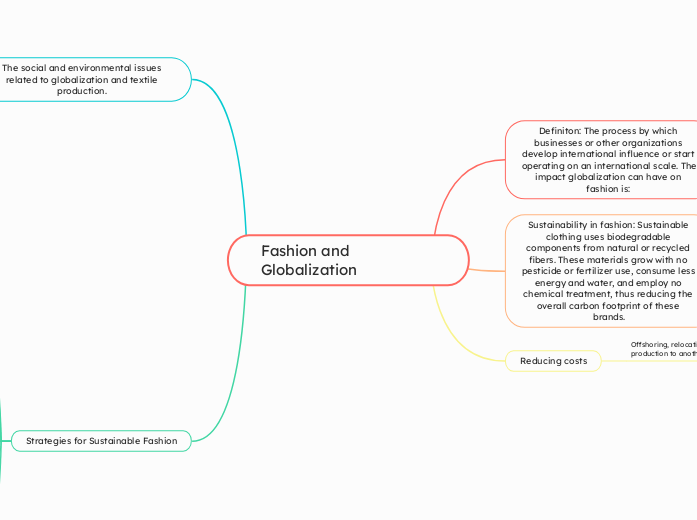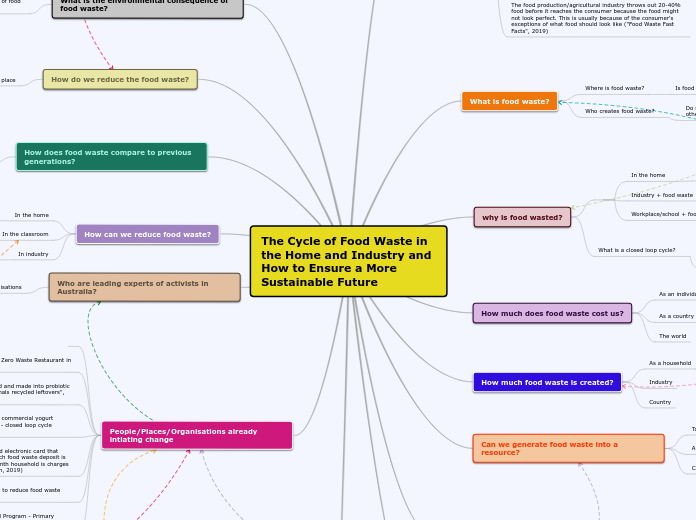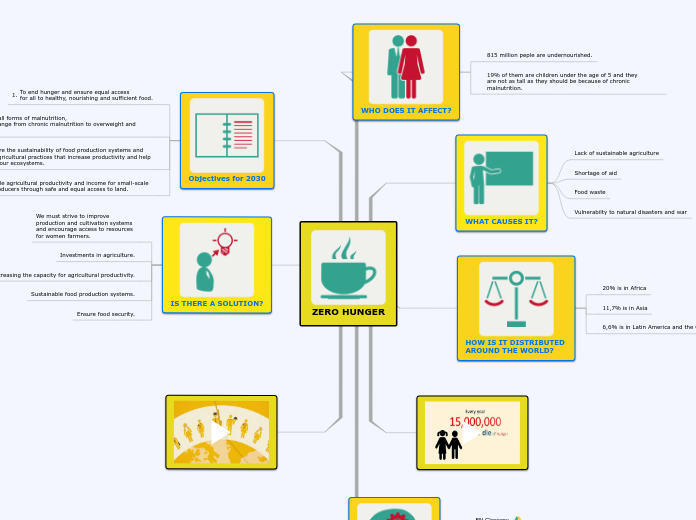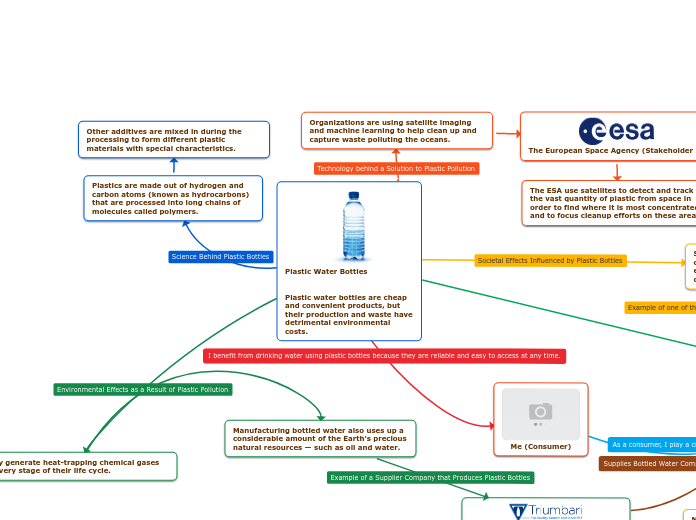av Iola DSouza 10 måneder siden
50
Fashion and Globalization
The integration of sustainability in fashion is crucial for minimizing environmental impact. Sustainable clothing leverages biodegradable and recycled materials, which are free from harmful chemicals and require less energy and water to produce.









